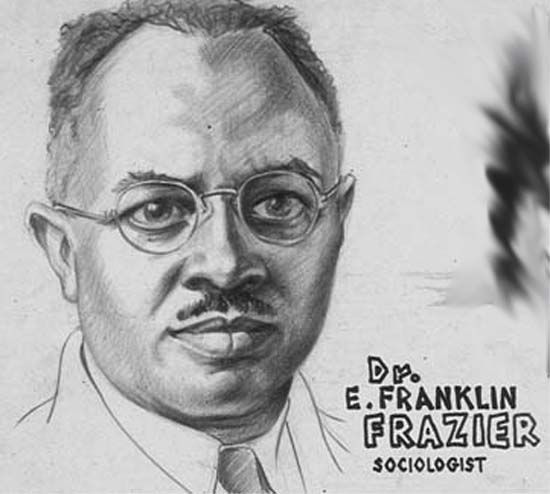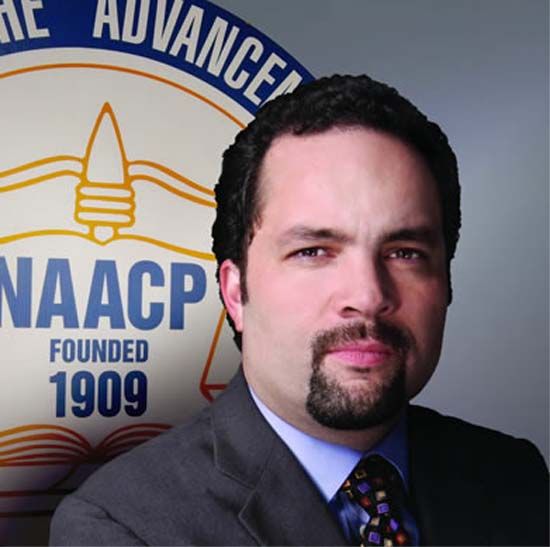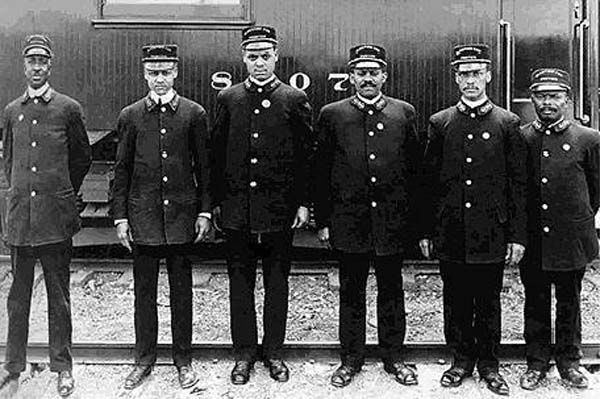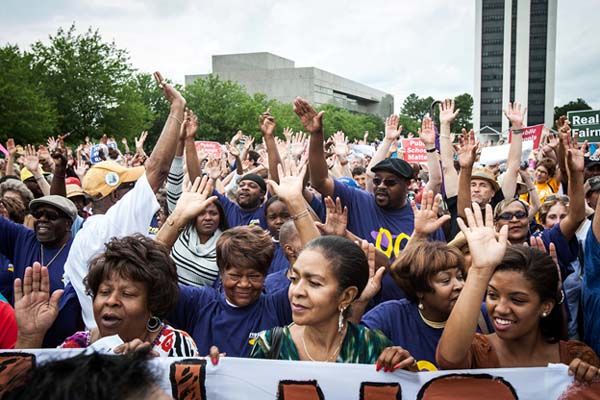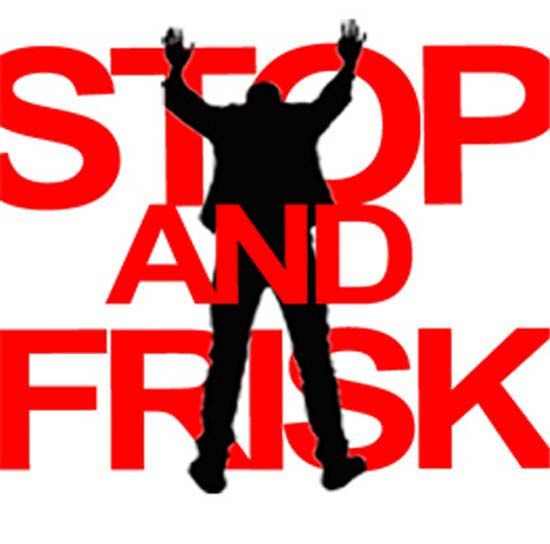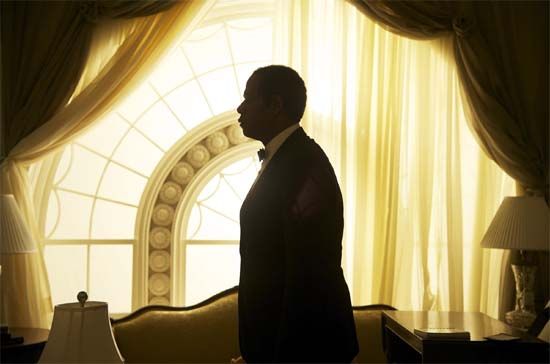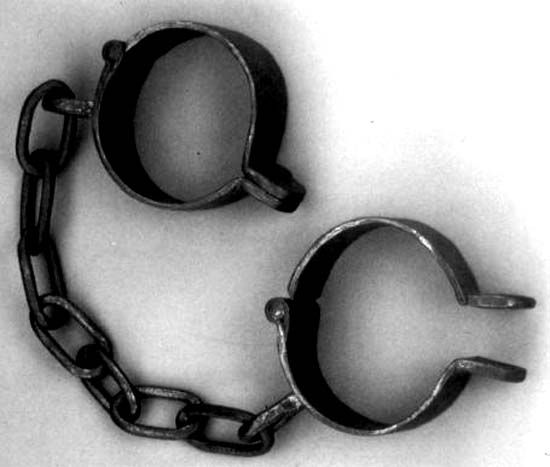
Casual racism surrounds us. Yes, we have made strides addressing it, but the battle is far from won. Just read through the comment sections of any online news source and you will have waded through a sewer of racist bilge. But major campaigns by black civil rights groups have made changes over the years. No more “Sambo’s” restaurants spread through our cities. The use of blackface has been condemned and censured.
We have addressed the use of the ‘N-word’ in numerous forums, and there is no black person in America that fails to recognize that some white person screaming ‘N-r’ at them isn’t doing it with love.
As communities of color gain political clout, and a certain critical mass, we have launched campaigns to address racist language and imagery, along with legislation and social policy. The entire civil rights movement, which continues to battle (the war is far from won) is a testimony to this. As the Latino community (the group most often targeted as “illegal”) grows in numbers and strength we have seen recent campaigns like “Drop the I word“.
The one community of color that does not have strength in either numbers or political clout, that does not have the benefit of a mass civil rights movement are our brothers and sisters who are Native Americans. It therefore becomes the responsibility for those of us who have been the victims and targets of racist epithets that are clearly dubbed unacceptable to fight against them when applied to other groups. That goes for the LBGT community who have fought against pejoratives like ‘f-t’ and the feminist community who have stopped the casual use of words like ‘c-t’ to denigrate women.
The Oneida Nation has just stepped up the pressure.
The Oneida Nation launched a new radio ad that began airing in the D.C. market on Sunday ahead of Monday night’s game between the Redskins and the Philadelphia Eagles. “That word, Redskins, is not a harmless term,” Halbritter says in the ad. “We do not deserve to be called Redskins. We deserve to be treated as what we are: Americans.”

